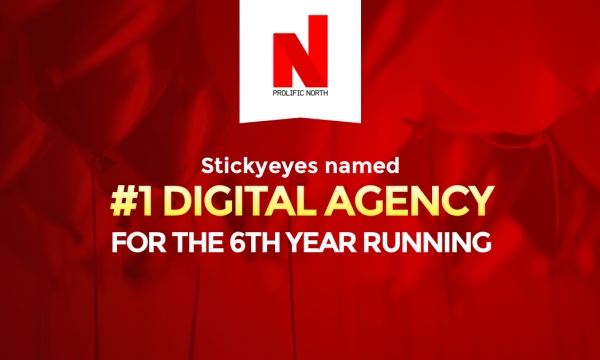Google is investing in space, Blackberry is getting ridiculed by the tech community and Facebook is making changes to the news feed; all in another week in digital.
Google to invest in SpaceX satellites.

Google is interested in investing in Elon Musk's SpaceX, a project which could beam low-cost internet to some of the world’s most isolated parts of the world.
Google has reportedly values SpaceX, which was the first privately funded company to successfully launch a spacecraft and return it to earth, in excess of $10bn.
It is suggested that Google could use the project as a method to connect remote parts of the world, where telephone infrastructure is sparse, to the internet.
"[This] space internet venture could one day stretch all the way to Mars,” Elon Musk told Bloomberg.
"It will be important for Mars to have a global communications network as well," he says in the interview. "I think this needs to be done, and I don’t see anyone else doing it."
Musk is also the CEO of the electronic car firm Tesla.
Twitter asks users to ditch Instagram.

Twitter has senT messages to a number of high profile users, asking them to stop using Instagram.
Instagram prevented Twitter from displaying its photos December 2012 and Twitter has instead suggested that users post their photos directly into Twitter instead, where they will be embedded in the news timeline.
The in-app alert featured a fake "superstar" account showing a link from Instagram and a photo posted directly to Twitter, appearing within the tweet itself. It’s reported that a number of celebrities and high-profile users have received such messages.
Microsoft pulls back the curtain on Windows 10.

Voice control and Microsoft Cortana are just two of the features coming to Windows 10.
Cortana is Microsoft’s digital personal assistant (similar to Siri), and will work across all Windows devices.
Microsoft also showcased Windows 10 for phones, which has been designed for a seamless transition between desktop and mobile devices. Devices will use universal apps that share the same central design and feature set as PC versions.
Internet Explorer is replaced by Spartan, which includes a note-taking feature that allows a user to annotate a webpage. Unsurprisingly, integration with Xbox is also a big feature.
Blackberry pleads with App makers.

Blackberry CEO John Chen has claimed that some big names are “going against the spirit of net neutrality” by refusing to make applications for Blackberry devices.
In a blog post on the Blackberry website (an adapted version of an open letter that was sent to the US Congress), Chen claimed that some content and application providers were only interested in serving the iOS and Android markets. He argued that, in contrast, Blackberry had made its own features, such as BBM messaging and BES12, available for Android, iOS and Windows Phone.
Brands such as Netflix were cited as not supporting Blackberry, whilst supporting rival platforms, and Chen argued that the net neutrality principles should oblige brands to support all platforms.
Blackberry currently accounts for around 0.5% of the global smartphone market, compared with 84.7% for Android and 11.7% for iOS.
However, Chen’s views have been widely ridiculed by the technology community.
Stuart Miles, founder of gadget news site Pocket-lint, described Chen’s views as “ludicrous”.
"He's asking someone that he does not pay, to work on their own time to develop something for his platform that might have the potential for making money but might well not," he said.
Facebook promises fewer hoax stories.

Facebook has announced that it is taking measures to protect users from hoax stories and spam posts from appearing in their news feeds.
The social network is cracking down on what it perceives to be spam posts, scams or deliberate click-bait, providing a warning to users if there are doubts over a post’s legitimacy.
Typical hoaxes include offers of free supermarket vouchers, outlandish news stories and chain messages.
“We’ve heard from people that they want to see fewer stories that are hoaxes, or misleading news,” explained Facebook software engineer Erich Owens and research scientist Udi Weinsberg in a blog post announcing the changes.
“Today’s update to News Feed reduces the distribution of posts that people have reported as hoaxes and adds an annotation to posts that have received many of these types of reports to warn others on Facebook.”


